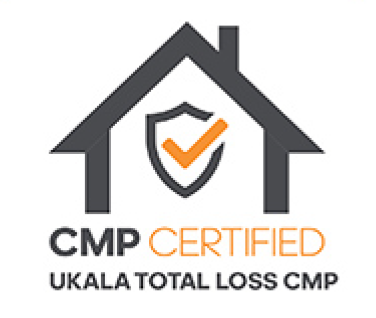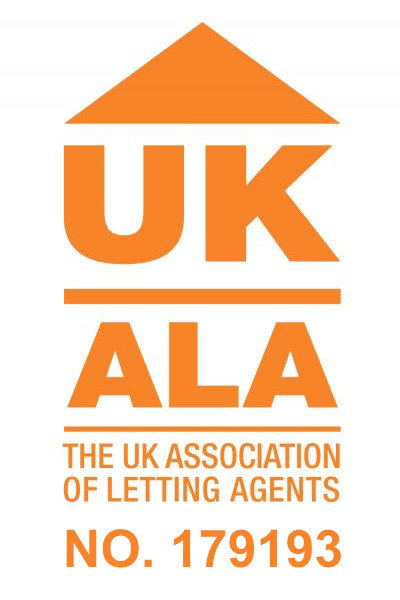Why do I need a guarantor?
Some landlords might ask for a guarantor if they are not satisfied your earnings are quite enough to cover the rent or if you have previous credit issues. This is not uncommon and you should not be concerned. You must choose someone to be your guarantor who lives in England or Wales and can cover your rental commitment in the event of a default. The same reference checks are then carried out for your guarantor as were done for you.
Why should I pay a Tenancy Deposit?
Landlords require a tenancy deposit to protect the property against any damage you might cause during your tenancy. They can only charge for any cleaning, damage or issue that goes above normal wear and tear and this will be assessed at the end of your tenancy, with the aid of a detailed inventory and schedule of condition. Similarly, the deposit can be held against non-payment of rent.
Where will my Tenancy Deposit be held?
It is a legal requirement that all deposits are held in a government-backed Tenancy Deposit Protection Scheme. Filtons adheres to this and will ensure all tenancy deposits are lodged in a suitable scheme. We can also provide details of where your tenancy deposit is being held.
What is a tenancy agreement?
This is a legal document that states the precise terms and conditions of the tenancy and is designed to protect both you and the landlord. Filtons can draw up bespoke tenancy agreements to include specific circumstances outlined by either party.
What happens if repairs are required?
If you feel there is a problem that needs fixing, an appliance to be repaired or general maintenance work that is due on a property that we manage, you should contact us immediately. We will inform your landlord and, if necessary, call upon one of the many trusted tradesmen on our extensive database of contractors. You should be aware that if you cause damage you will usually be required to cover the cost of repairing it.
Can my landlord enter the property?
Your landlord and their managing agent must give you sufficient notice if they wish to enter the property, except in the case of an emergency, such as a burst pipe.
What are my responsibilities?
By signing a tenancy agreement, you are agreeing to abide by all the terms contained within it. The most common duties you must perform as a tenant are to pay your rent on time, pay household bills without delay, report any damages you notice and maintain the cleanliness of the property.
Am I responsible for insurance?
You will need to purchase a contents insurance policy to the value of possessions you are bringing into the property.
Can my landlord increase the rent?
Your landlord must enter into a period of negotiations with you and we will be happy to mediate at this time to help find a satisfactory outcome.
Can I extend my lease at a property?
Once the initial fixed term has come to an end, it is often possible to renew it so you can continue living at a property. As the term comes into its final months you should talk to us and we can advise on your landlord’s willingness to extend your stay.
What happens when I want to move out?
A period of notice will be set out in your tenancy agreement and you must give this when you intend to leave. Providing you follow this, it is easy to move out of a property, as long as you respect the timescales and procedures that are in place. You should tell us as soon as you have decided to move out and we will advise on your next steps.
When will my tenancy deposit be returned?
When you move out we will conduct a check-out service and examine your inventory. We will report the results to both you and the landlord. Your deposit will then be returned in accordance with the Tenancy Deposit Protection Scheme, less any deductions.






